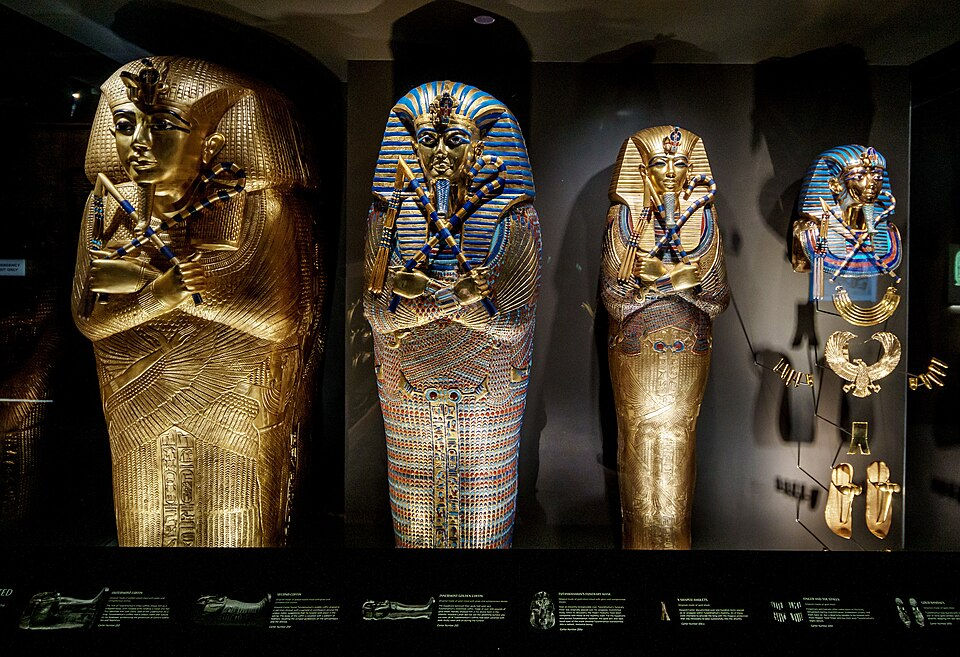Joyful Journeys: Fostering a Love for Exercise in Seniors with Dementia
- Christian Companions

- Nov 20, 2023
- 5 min read

Physical activity and exercise have been proven to have numerous benefits for seniors with dementia. Engaging in suitable activities can improve well-being, reduce challenging behaviors, and enhance overall quality of life.
In this article we’re going to explore:
the importance of encouraging physical activity in seniors with dementia
provide a variety of exercise ideas for different ability levels
discuss the recommended amount of exercise
highlight the benefits of physical activities
emphasize the significance of safety during exercise

Gentle Encouragement
Encouraging physical activity in someone with dementia can be challenging, especially if it was not part of their regular routine. Instead of referring to it as exercise, treat it as a regular task.
For example, you can incorporate activities into their daily routine or organize a “dance party” to make it more enjoyable.
It’s a nice idea to participate in the activity together in order to provide guidance, assistanc, and help ease any feelings of embarrassment. We don’t want anyone feeling like they’re a clown putting on a show for us.
In Motion: The Importance of Gentle Physical Activity

Walking
Walking is a simple and effective exercise that can be done outdoors or even indoors around the house. Taking a walk around the house, yard, or neighborhood can provide a multitude of both physical and mental benefits.
You can even consider combining the walk with other activities, such as walking the dog or going to the grocery store.
Sit to Stand
This exercise focuses on strengthening the muscles needed for essential activities like using the toilet. It involves repeatedly standing up from a seated position and sitting back down.
Balancing
Maintaining balance while you stand might not seem like much of an exercise, but the reality is that by working on our balance we can better understand our bodies and its limits.
Balanced in a Standing Position: This exercise improves both balance and posture. It can be done by holding onto a support whenever needed, such as a chair or counter top. It can be performed as a standalone exercise or incorporated into everyday activities like washing dishes and other household chores.
Unsupported Sitting
Sitting unsupported for a few minutes each day strengthens the abdominal and back muscles essential for maintaining good posture. Constant supervision is necessary to prevent falls.
Stretching in Bed
Stretching various body parts while lying in bed can help relieve stiffness and improve flexibility. This can be done with assistance or independently, depending on the individual's ability.
Moderate Exercises
Strength stretches
Simple chair stretching routines and easy strength and balance routines can be beneficial for seniors with dementia. These exercises can help improve flexibility, strength, and overall physical abilities.

Tai Chi
Tai Chi routines can be adapted to accommodate a variety of physical conditions. It promotes balance, flexibility, and mental focus. There are seated Tai Chi routines available for individuals with limited mobility.
Gardening
Engaging in simple gardening activities like raking or pulling weeds can provide a sense of accomplishment and serve as a great workout. Gardening promotes physical activity and offers an opportunity to connect with nature.
Household Chores
Basic household chores, such as folding laundry, dusting, or light vacuuming, can be excellent forms of exercise. Encourage seniors with dementia to participate in these activities, as it helps them stay active and maintain a sense of purpose.
Gentle Equilibrium
The amount of exercise needed for seniors with dementia varies based on their health, personality, and cognitive abilities. It is essential to experiment and find the right balance that promotes their physical and mental well-being.
Start with small increments of exercise and gradually increase intensity and duration. Remember, any amount of movement is beneficial, regardless of how small. Pushing too hard can lead to injuries, so it's crucial to listen to their body's cues and adjust accordingly.
The Positive Impact of Physical Activities on Dementia Care
Engaging in physical activities offers numerous benefits for seniors with dementia. These benefits include:
Improving Mood
Engaging in physical activities significantly contributes to the emotional well-being of seniors with dementia. Regular exercise has been proven to reduce stress, elevate mood, and increase a sense of calmness. Furthermore, it serves as an effective strategy in minimizing episodes of aggression, wandering, and agitation, creating a more positive and stable emotional state.

Enhancing Physical Abilities
Regular exercise plays a crucial role in enhancing physical abilities necessary for daily tasks. By strengthening muscles and improving balance, physical activities not only boost overall mobility but also significantly reduce the risk of falls, promoting a safer and more independent lifestyle for seniors with dementia.
Slowing Mental Decline
Physical activities have emerged as a promising avenue for slowing down the progression of cognitive decline associated with dementia. While it may not reverse the condition, regular exercise has shown potential in preserving cognitive function and mitigating the severity of symptoms, providing a valuable opportunity to maintain mental acuity.
Physical activities have emerged as a promising avenue for slowing down the progression of cognitive decline associated with dementia. While it may not reverse the condition, regular exercise has shown potential in preserving cognitive function and mitigating the severity of symptoms, providing a valuable opportunity to maintain mental acuity.
Reducing Depression
The link between exercise and a reduction in symptoms of depression is particularly noteworthy for seniors with dementia. Regular physical activity serves as a non-pharmacological intervention, offering a natural and holistic approach to improving mental health and emotional well-being.
Improving Heart Health
Engaging in regular physical activity contributes to improved cardiovascular health, thereby reducing the risk of heart-related complications. For seniors with dementia, maintaining heart health is crucial, and exercise emerges as a proactive measure to enhance overall cardiovascular well-being.
Providing a Sense of Purpose and Accomplishment
Participation in physical activities offers seniors with dementia a sense of purpose and accomplishment. Engaging in meaningful activities helps them stay connected to their surroundings, fostering a positive outlook and reinforcing a sense of personal achievement.
Enhancing Sleep and Reducing Sundowning Symptoms
Physical activities play a role in regulating sleep patterns and reducing symptoms of sundowning, a common occurrence where confusion and agitation worsen in the late afternoon or evening. By incorporating exercise into daily routines, seniors with dementia may experience improved sleep quality and a reduction in sundowning symptoms.
Reducing Constipation
Beyond cognitive and emotional benefits, regular exercise contributes to healthy digestion, potentially reducing the occurrence of constipation. This additional physical health benefit underscores the holistic impact of incorporating moderate physical activities into the care routine for seniors with dementia.
Safety Protocols in Dementia Exercise
While physical activities are beneficial for seniors with dementia, safety should always be a top priority. Here are some essential safety tips to keep in mind:

Consult with the Doctor
Always consult with the person's doctor before implementing a new exercise program. They can provide guidance based on the individual's physical and cognitive conditions.
Monitor Exertion Levels
During exercise, periodically check in with the person to ensure they can speak without being short of breath. Adjust the pace accordingly to maintain a comfortable level of exertion.
Stay Hydrated
Provide plenty of water before, during, and after exercise to keep the person hydrated.
Wear Identification
When participating in outdoor activities, ensure the person wears a medical alert bracelet, carries personal identification, or uses a GPS tracker in case they get separated.
Respond to Discomfort
If the person experiences dizziness, weakness, or pain during exercise, stop immediately and seek medical advice if necessary.






Comments